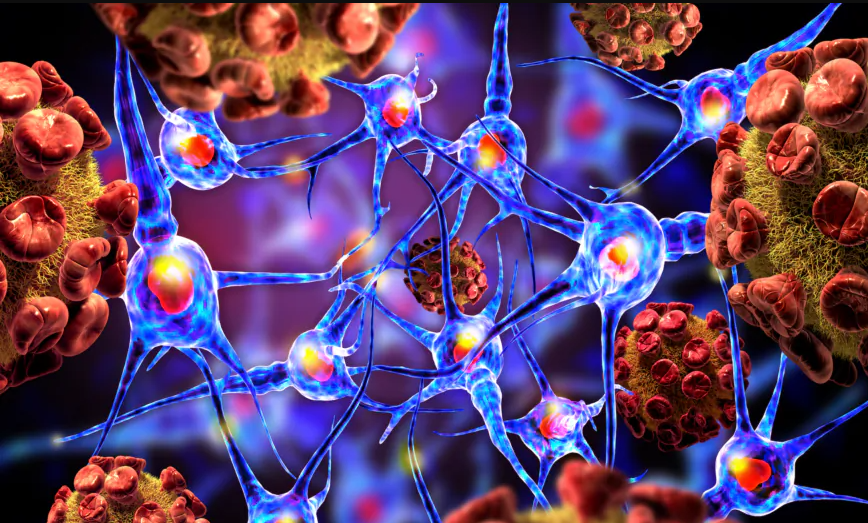From the moment the world eagerly embraced COVID-19 vaccines, warnings about their potential hazards have mostly remained whispers in the wind. Now, these whispers are morphing into resonating echoes, gaining validity as ‘Science Magazine’ courageously breaks its silence. The revered journal has confirmed a startling link between the COVID vaccines and autoimmune disorders. This revelation is set to be a shocking wake-up call for millions who had faith in the world’s quickest scientific response to a pandemic. Now, the question arises – are we dealing with a ‘Long Vax’ crisis?
Scientific establishments and regulatory agencies have long accepted that COVID-19 vaccines can cause adverse reactions such as myocarditis and pericarditis. Still, their public acknowledgment about a significant number of individuals suffering from autoimmune diseases after vaccination was conspicuously absent until recently. However, the scientific journal, ‘Science’, took the daunting step on July 3 to acknowledge that COVID-19 vaccines are associated with autoimmune disorders like small fiber neuropathy and postural orthostatic tachycardia syndrome (POTS). This announcement marks a breakthrough moment in the ongoing debate surrounding vaccine safety.
According to Agnieszka Wilson, the founder of #CanWeTalkAboutIt, a global campaign to break the silence around injuries from COVID-19 vaccines, this acknowledgment has been a long time coming. Suzanna Newell, a former board member of React19, a patient advocacy group for the vaccine-injured, echoed the sentiment, stating her gratitude towards the doctors and medical institutions finally willing to discuss adverse reactions.
The vaccines’ potential link to Long Vax has been elusive and largely overlooked due to unclear diagnostic features. The symptoms of Long Vax, including persistent headaches, severe fatigue, and abnormal heart rate, can appear within hours or weeks after vaccination. The vaccines have been reported to give rise to these symptoms, closely resembling Long Covid, adding another dimension of complexity to the already strenuous situation.
The scientists’ hesitance to discuss the vaccines’ potential link to autoimmune diseases has only now begun to fade, largely due to the tireless work of patient advocacy groups. Despite the reluctance of many in the scientific community to acknowledge vaccine injuries, public pressure and the undeniable reality faced by many patients have necessitated this difficult conversation.
Vaccine-related autoimmune disorders are believed to be underreported, primarily due to difficulties associated with the Vaccine Adverse Event Reporting System (VAERS). Even with these hurdles, a total of 1,569,668 reports of adverse events following COVID-19 vaccines were submitted between Dec. 14, 2020, and June 23, 2023, to VAERS. These statistics provide a clear indicator of the vast number of individuals affected by adverse events following vaccination.
While some researchers express concerns that their studies may undermine trust in COVID-19 vaccines, it is crucial to foster transparency and openness in science. Ignoring or denying the existence of adverse effects only serves to weaken trust in medical institutions, while an honest dialogue can pave the way for more informed decision-making regarding vaccinations.
In the debate about vaccines, it’s clear that the voices of the vaccine-injured must be heard. These individuals have been instrumental in driving this important conversation. Vaccine-injured advocates believe more research into these types of adverse events is essential. With more knowledge, we can ensure that future vaccines are safer and that those who experience adverse reactions receive the care they need.
In the midst of this global health crisis, the revelation from ‘Science Magazine’ brings to the forefront the critical need to balance urgency with caution. While vaccines remain a pivotal weapon in our fight against COVID-19, it is incumbent upon us to consider the full range of their implications. As the world continues to grapple with the pandemic, the voice of those experiencing adverse reactions to vaccines must be acknowledged. Only with the incorporation of all experiences can we truly achieve comprehensive healthcare solutions, and perhaps most importantly, regain the trust of the public in this extraordinary scientific endeavor.

















